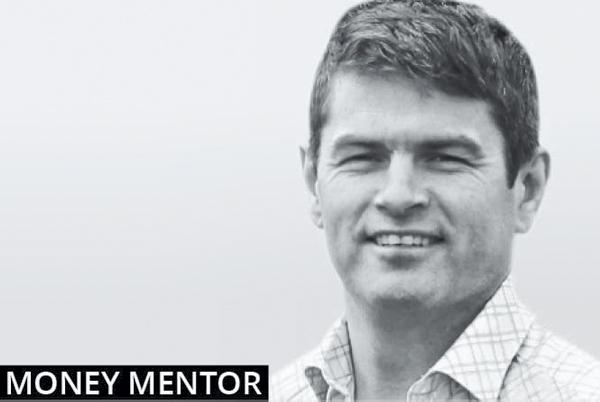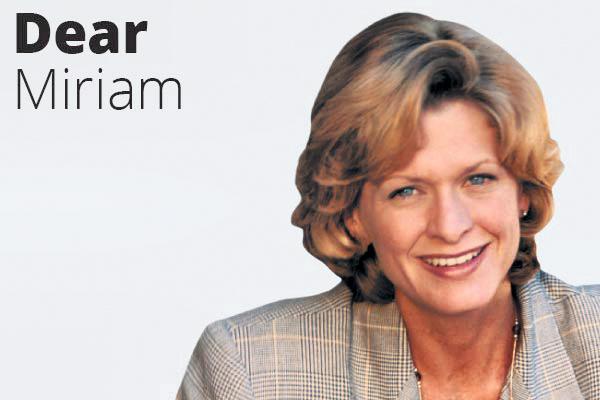We are in a desperate way. I can’t put everything down in an email, but we are badly in need of some advice. Any money raised in the year goes to pay our bank loan. We can’t survive any longer. It’s heart-breaking to get to our stage in life and to be in such a state.
We take some courage from your articles in Irish Country Living, you have helped a lot of farmers, so please give us some advice.
Please contact us, any piece of help would be appreciated.
The email I received recently was similar to the first letter I got that was the catalyst for starting the Money Mentor page over five years ago. It also reminded me that many farm families are still struggling to make ends meet.
There was an air of desperation and you knew the family were under both huge financial and emotional pressure. I emailed them back, but it was a few weeks before I could travel to meet them. Evelyn was so thankful and was holding back the tears as she started to outline the problems. Her husband Andrew and sons were out bringing in silage, but it wasn’t long before her husband joined us. It was obvious that he wanted solutions too.
“We just want an outsider to come in and give their views,” said Evelyn. She had all the bills that they owed set out on the table, but I put them aside. As always, I started with their net worth. Together we put a value on the land, the house, machinery and the stock. There was a little cash in the credit union, but there were loans there as well.
We worked out the different loans that came to around €55,000. Of this, there was around €8,000 owed to merchants and contractors.
“I have no one shouting at us for money. I give them a little bit when I can and they know they will get paid when we have it,” Evelyn told me.
After we added it all up, I told them that they had a net worth of €600,000. They looked at each other in disbelief, something that often happens as farmers forget what they actually have.
We talked about the other positives and I said I have seen a lot worse, especially around merchant credit. The fact that they are talking to the people they owe money to and there is goodwill there is very positive.
They also have money coming in every week. Evelyn has a part-time job and Andrew is getting a small Farm Assist payment. One of their sons who is living at home also contributes.
The big challenge we discussed is the profitability of the farm system. The fact is, suckler cows are very difficult to make money from, especially where there is a small number (and even where there are large numbers). Their SFP was below €5,000 and should increase slightly up until 2019.
We started looking at their options. I suggested selling some land, knowing what the response would be. Suckler numbers had fallen to around 15. We looked at keeping numbers low and improving quality. However, Andrew knew it was the new Pillar II schemes like GLAS and the beef scheme that would bring in more income. Organics was also discussed, especially with the higher payment rates per hectare from next year.
Andrew also brought up contract rearing. It is becoming more common and is where you take in stock for a dairy farmer and charge per day, per head price. The range is around 90c to €1.30 per day. The variation will depend on the market and the breakdown of who pays what costs. We worked out it could contribute over €10,000 after costs. He knew a farmer close by that was expanding, so he said he might approach him.
I told him he should contact Teagasc and look at the contract-rearing template on their website first to see the pros and cons. Talk to other farmers who are contract-rearing as well, I said. One advantage would be that they could use the money he gets for selling their own stock to pay back some of his debts. We also talked about their youngest son who wanted to come home to farm. He is doing an agriculture course so will be eligible for the young farmer top-up if they put him on their herd number. It would be around €1,680 a year for five years. I said he should not come home just for that though and to make sure that he gets experience working for others too. They, of all people, realise that it is difficult to make ends meet and he would need to get employment or work in partnership with other farmers to learn if he really wants to develop a career in farming. Don’t sign it over yet, I said. As I left, they thanked me. While I did not have a magic wand, they realised that they had options and can take action to get themselves in a much better position.
In brief
• Look at what you have.
• Keep talking to merchants/contractors and pay them as you can.
• Look at all options, taking into account the new Pillar II schemes.
• Contract rearing is becoming more common.
• Need to upskill yourself first.
• Plan succession carefully.









SHARING OPTIONS